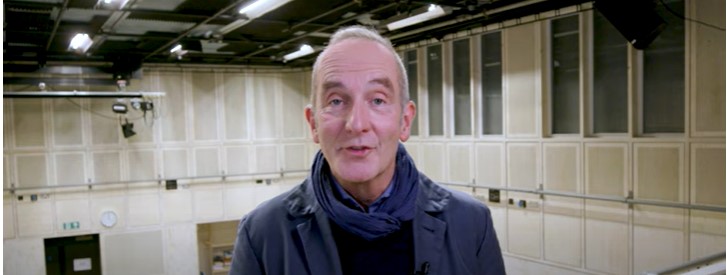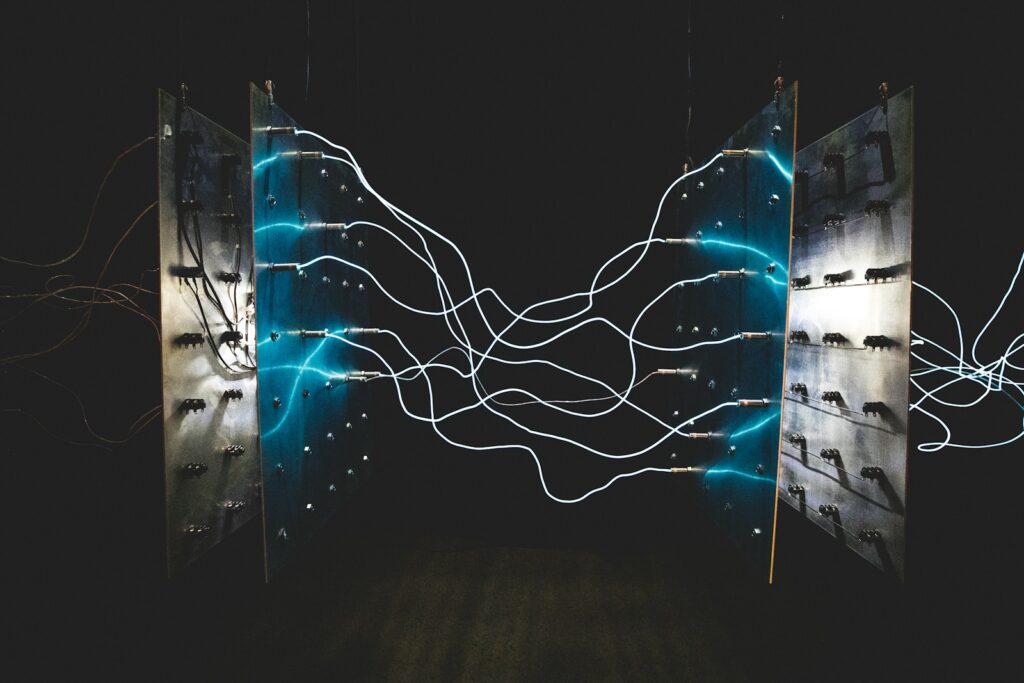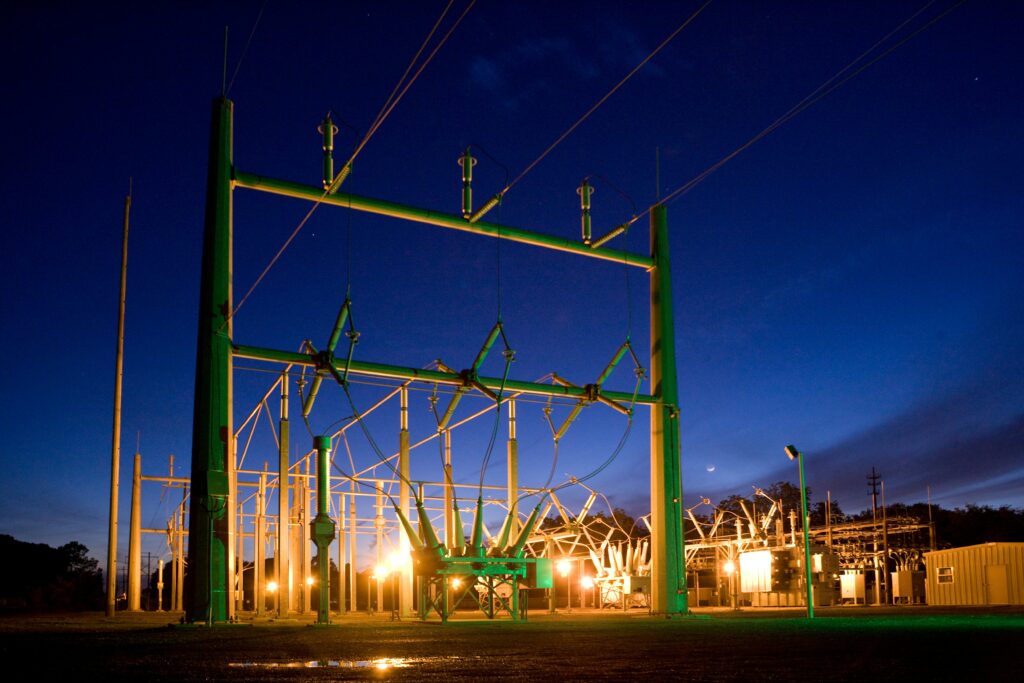The use of natural gas is increasingly being viewed as a ‘bridge fuel’ in the move away from fossil fuels, however, according to researchers at the Massachusetts Institute of Technology, uncertainty towards gas leakage means that its benefits remain uncertain.
In the current production of natural gas, methane, which is a potent greenhouse gas, leaks from production wells, storage tanks, pipelines and urban distribution pipes and it is extremely difficult to control and measure these leaks.
The researchers estimate that anywhere between 1.5% and 4.9% of the natural gas produced and distributed is leaked into the atmosphere.
Methane is a much stronger greenhouse gas than carbon dioxide because it traps a lot more heat when averaged over a 100-year timeline, according to the researchers, methane is approximately 25 times more powerful than carbon dioxide.
Therefore, in order for natural gas to become a major competitor in the move towards net-zero, the current methods for controlling methane leakage would have to improve from anywhere between 30-90%.
Thus, policies that move directly to carbon-free power sources, such as wind, solar and nuclear energy are much more beneficial as these could meet the emission targets without needing improvements to control the leakages.
Jessika E Trancik, lead-author of the study said: ‘The uncertainty itself should inform current strategies, by motivating investments in leak deduction to reduce uncertainty or a faster transition away from natural gas.
‘Emissions rates for the same type of equipment, in the same year can vary significantly.’
‘It can vary depending on which time of day you measure it, or which time of year. There are a lot of factors.
‘In many data sets, a small fraction of point sources contribute disproportionately to overall emissions.
‘If it was easy to predict where these occur, and if we better understanding then detection and repair programmes could become more targeted.
‘But achieving this will require additional data, covering wide areas and many segments of the supply chain.
‘A certain amount of investment probably makes sense to improve and make use of current infrastructure, but if you’re interested in really deep reduction targets, our results make it harder to make a case for that expansion right now.’
Photo Credit – Pixabay







